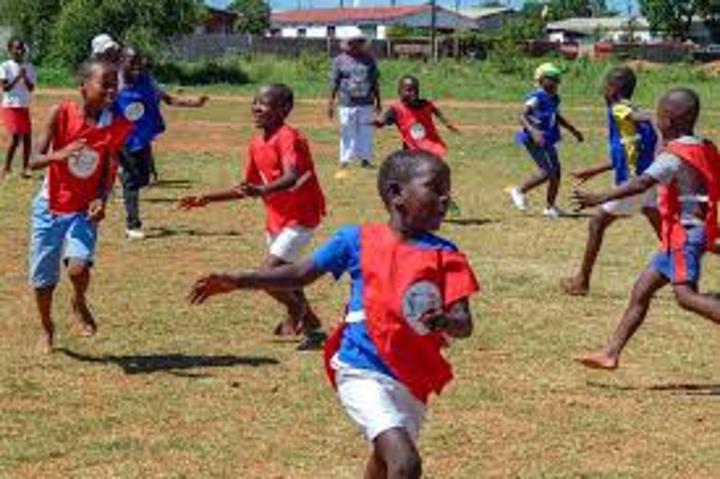Africa-Press – Zimbabwe. THIS recently started term is a hive of sporting activities.
Children are playing different sports, and some extraordinary ones are participating in multiple disciplines.
What sets these children apart? Are there any advantages to this?
Taking part in multiple sport discipline comes with offers numerous benefits for children, extending beyond physical health to overall development.
By participating in various sports, kids can develop a well-rounded fitness level, reducing the risk of injuries and promoting long-term health.
Each sport targets different muscle groups and fitness components, such as strength, endurance, flexibility and co-ordination.
Multi-sport training also enhances cognitive development, stimulating different areas of the brain and promoting strategic thinking, problem-solving and quick decision-making.
In Zimbabweans, there’s a strong emphasis on academic success and the good news is that the cognitive skills from multi-sports transfer to academic performance and other areas of life, helping children become well-rounded individuals.
Many student-athletes who participate in multi-sports also excel academically.
Furthermore, playing multiple sports exposes kids to different teams and social environments, teaching them important social skills like communication, teamwork, and leadership.
The key benefits of multi-sport training for kids include:
Enhanced physical fitness: Developing overall physical fitness, reducing the risk of injuries, and promoting long-term health.
Improved motor skills: Enhancing balance, agility, hand-eye coordination, and spatial awareness through diverse movements and techniques.
Prevention of burnout: Reducing mental and physical fatigue by keeping things fresh and exciting with various sports.
Reduced risk of overuse injuries: Allowing different muscle groups to rest and recover, lowering the likelihood of repetitive strain injuries.
Social development: Building friendships and improving social confidence through interactions with diverse groups of peers.
Better cognitive development: Enhancing cognitive skills through strategic thinking, problem-solving, and quick decision-making.
Emotional intelligence: Resilience, coping with wins and losses, and managing emotions.
Versatility and adaptability: Becoming more adaptable athletes, easily transitioning between different activities and excelling in various physical challenges.
Increased enjoyment and passion: Discovering true passions and developing a lifelong love of sports and physical activity.
Foundation for lifelong fitness: Instilling healthy habits and a love for physical activity, leading to better health outcomes and a higher quality of life.
Enhanced athletic performance: Improving overall athletic performance by transferring skills and techniques between sports.
Additionally, research suggests that early specialisation in a single sport can be detrimental to children’s development, depriving them of important opportunities for informal play and increasing the risk of overuse injuries.
In contrast, playing multiple sports encourages a more holistic approach to movement education, developing fundamental movement skills and promoting long-term athleticism.
For More News And Analysis About Zimbabwe Follow Africa-Press






